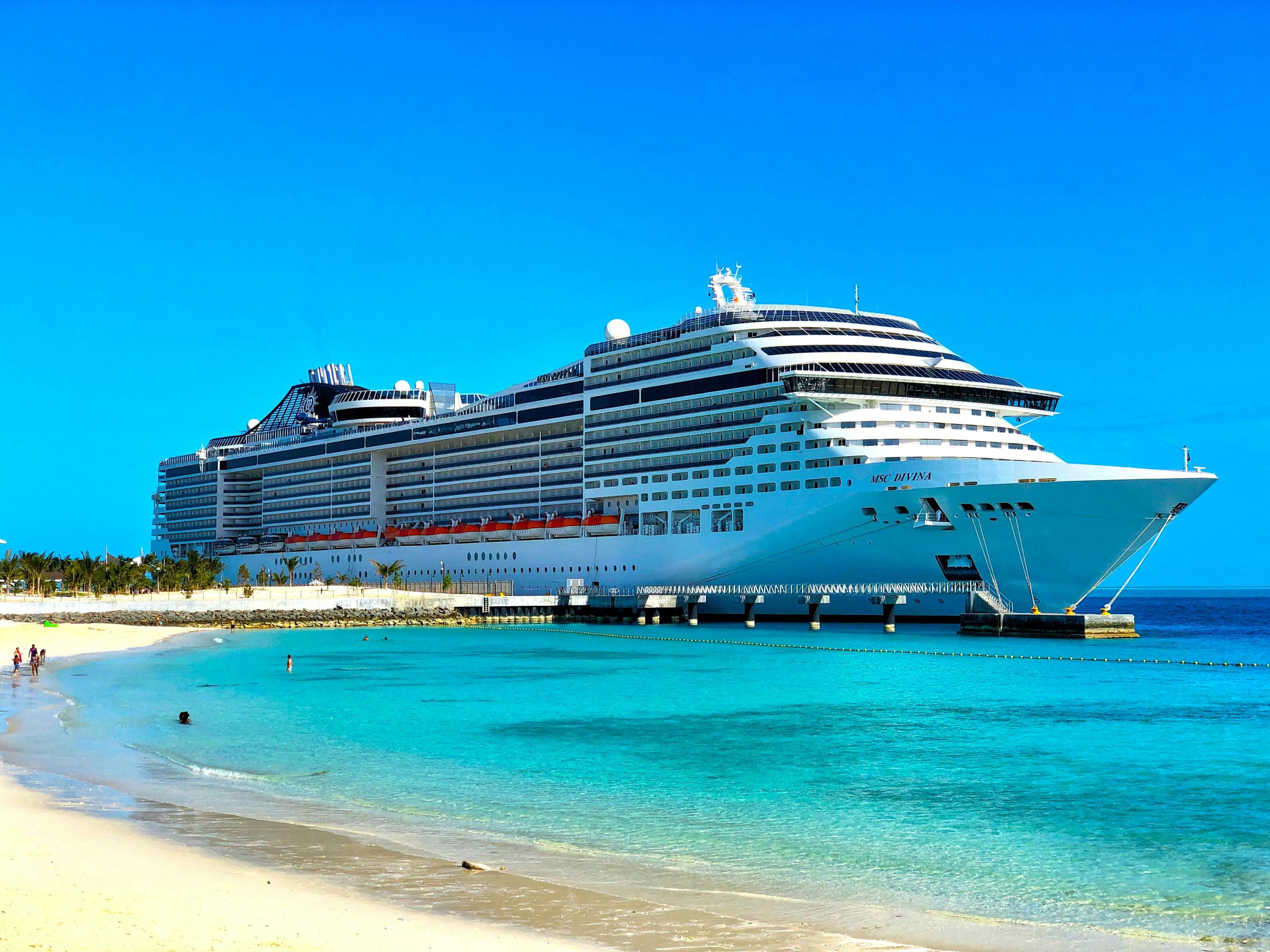The appeal of employment on a cruise ship often stems from its promise of exotic travel and diverse interactions. But the actual experience of working in this industry can diverge greatly from the idealized portrayal often depicted in some tourism and hospitality schools’ promotional materials. Behind the curtain, numerous challenges and lesser-known elements contribute to making this occupation a distinct and demanding undertaking.
The extended work hours, stringent regulations, cramped living spaces, and the need to navigate cultural disparities all play integral roles in the reality faced by cruise ship employees. This article aims to probe into these concealed facets of cruise ship employment, providing an extensive exploration of the backstage world in a bid to offer valuable perspectives to those considering a career in this industry or seeking insight into its inner workings.
Demanding Schedules and Long Hours
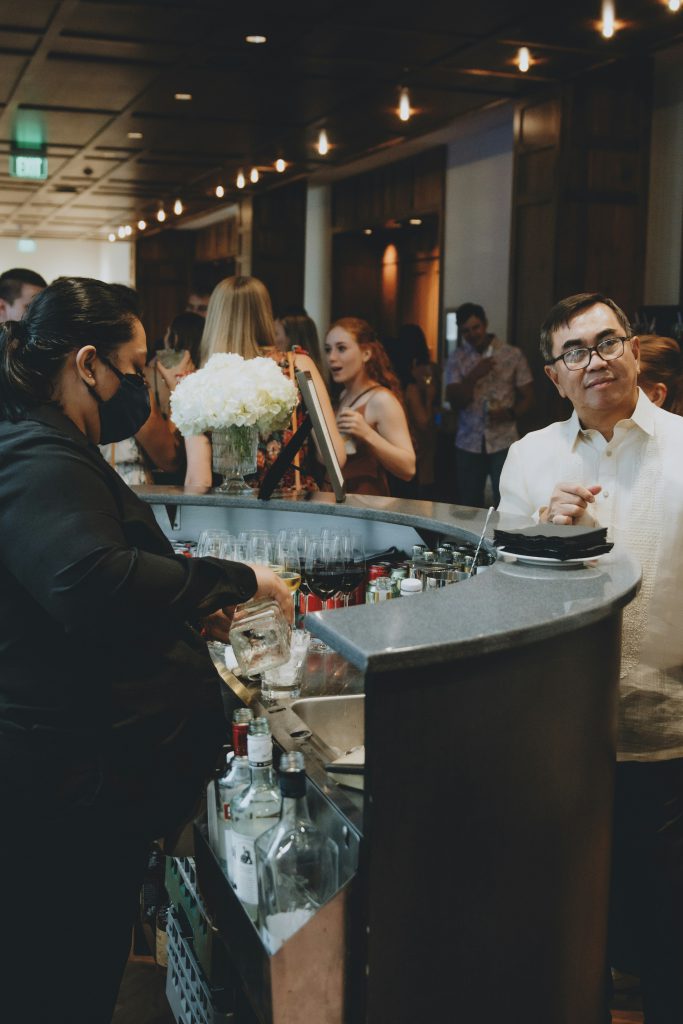
Employment on a cruise ship necessitates strict adherence to rigorous schedules and the ability to work long hours. Individuals in various capacities, including crew members, entertainment staff, and food and beverage service providers, often need to work tirelessly to maintain the ship’s operations seamlessly and deliver exceptional service to passengers.
These demanding schedules can be taxing on both the physical and mental well-being of employees, requiring them to sustain high levels of alertness and focus over extended periods. Nevertheless, professionals in the industry are dedicated to fulfilling the demands of their roles with unwavering commitment, striving to create unforgettable experiences for passengers.
Tight Living Quarters and Sharing
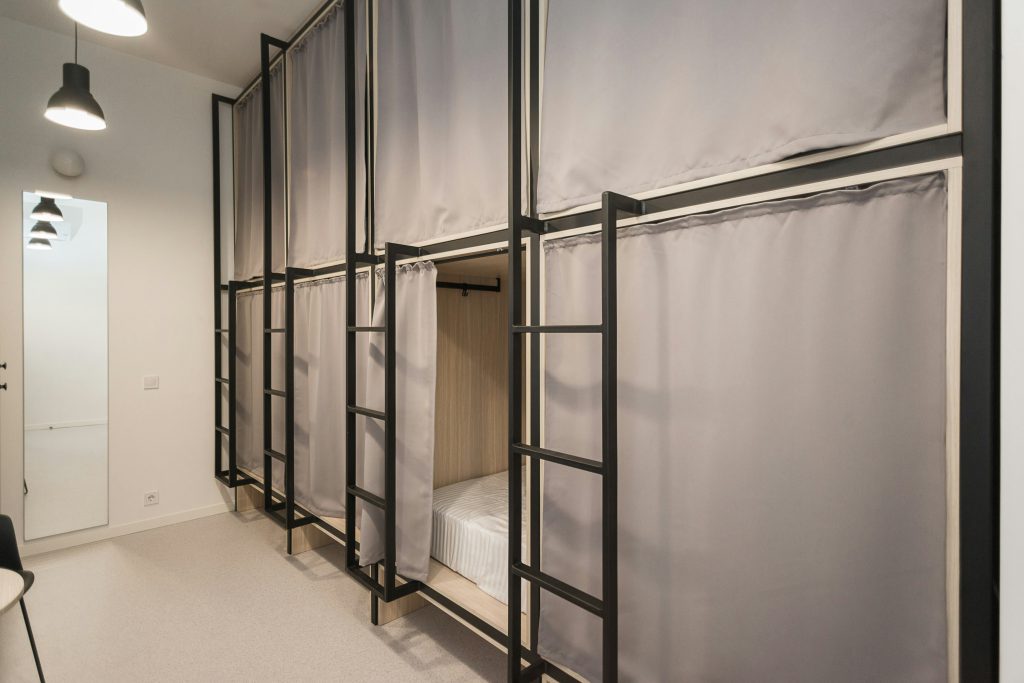
Accommodation on a cruise ship typically entails limited personal space and shared living arrangements for crew members. It is common for individuals to share cabins with one or more colleagues, necessitating adjustments to accommodate the challenges of privacy, personal belongings, and differing schedules and habits. Given the close quarters, fostering a sense of tolerance and understanding is essential due to the diverse backgrounds and cultures of those sharing living spaces.
Despite the constraints of personal space, strong bonds and friendships often form among cruise ship employees, fostering a tight-knit community onboard. These experiences promote adaptability and cooperation, helping individuals enhance their interpersonal skills while navigating the realities of the prospect of shared living spaces aboard a cruise ship.
Constantly Adapting to Change
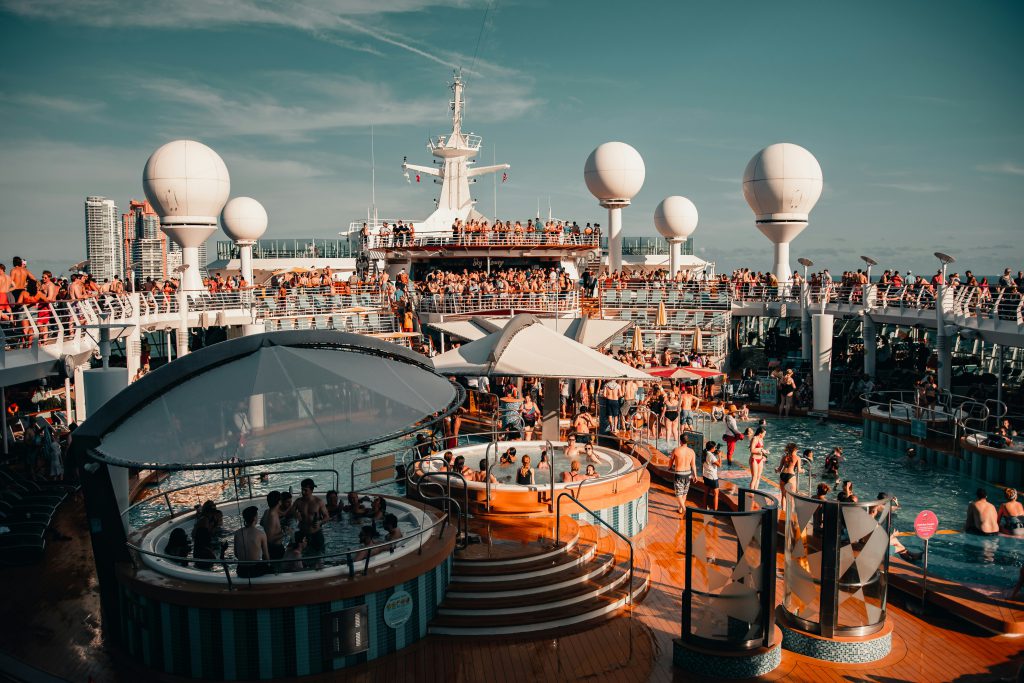
Because of the hurried and variable environment of working on a cruise ship, constant adaptation to change is a crucial skill for crew members. From itinerary alterations due to unforeseen circumstances to adjusting to the needs and preferences of passengers, the competence to remain adaptable and open-minded is necessary. Crew members must be prepared to handle unexpected challenges, such as changes in weather conditions or last-minute schedule adjustments.
Hospitality management studies that schools often offer teach not only the basics in learning ship technicalities but also personality development that shapes the students’ attitude when faced with challenges. Constantly adapting to change can make employees ensure the smooth operation of the ship and develop a valuable life skill that can be applied to various situations in the future.
Limited Communication with Family

A lesser-known aspect of working on a cruise ship involves the challenges associated with maintaining communication with family. The nature of the job, marked by constant movement and demanding schedules, often renders it difficult for crew members to stay connected with their loved ones. The extensive work hours and erratic timetables also leave little room for personal interactions. Likewise, the restricted availability of internet services and the high costs associated with on-board communication exacerbate the hurdles in staying in touch.
Crew members may also experience feelings of isolation and homesickness, as they miss out on significant events and milestones in the lives of their friends and family. Despite these obstacles, many derive support from forming close relationships with their colleagues, encouraging a support network while being away from home.
High-pressure Work Environment
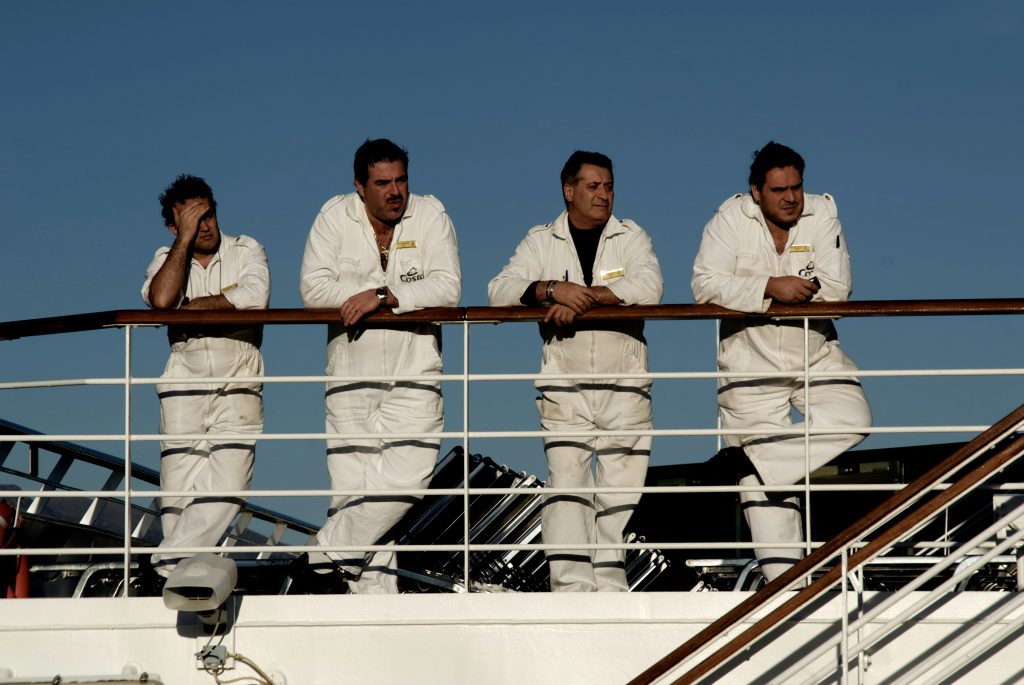
Working on a cruise ship also entails navigating a high-pressure work environment. With the constant influx of guests, tough schedules, and the need to provide exceptional service, crew members often face intense stress and pressure. The nature of the job requires them to multitask, problem-solve on the spot, and always maintain a high level of professionalism.
Meeting the expectations of guests while adhering to strict operational standards can take a toll on the mental and physical well-being of the crew members. The long hours, limited breaks, and expectations from both supervisors and guests can create a tough atmosphere. Practiced crew members trained from competent culinary and tourism institutes, however, often find this environment to be a platform of opportunity for personal growth and development, honing their skills and abilities in a demanding setting.
Seasickness and Isolation

Coping with the challenges of seasickness and isolation is a vital aspect of working aboard a cruise ship. The vessel’s continuous movement may result in varying degrees of seasickness among employees, ranging from mild discomfort to severe nausea. To alleviate these symptoms, cruise ships typically offer medications and remedies. Regardless of these preventative measures, some individuals may still face discomfort while acclimating to life at sea.
The isolation inherent in cruise ship employment can present additional hurdles. Crew members often spend extended periods away from their families and loved ones, which may lead to depression. In response to these challenges, most cruise lines provide a range of resources and support systems, including counseling services and recreational activities, to assist individuals in managing emotional strains.
Opportunities to Travel and Explore
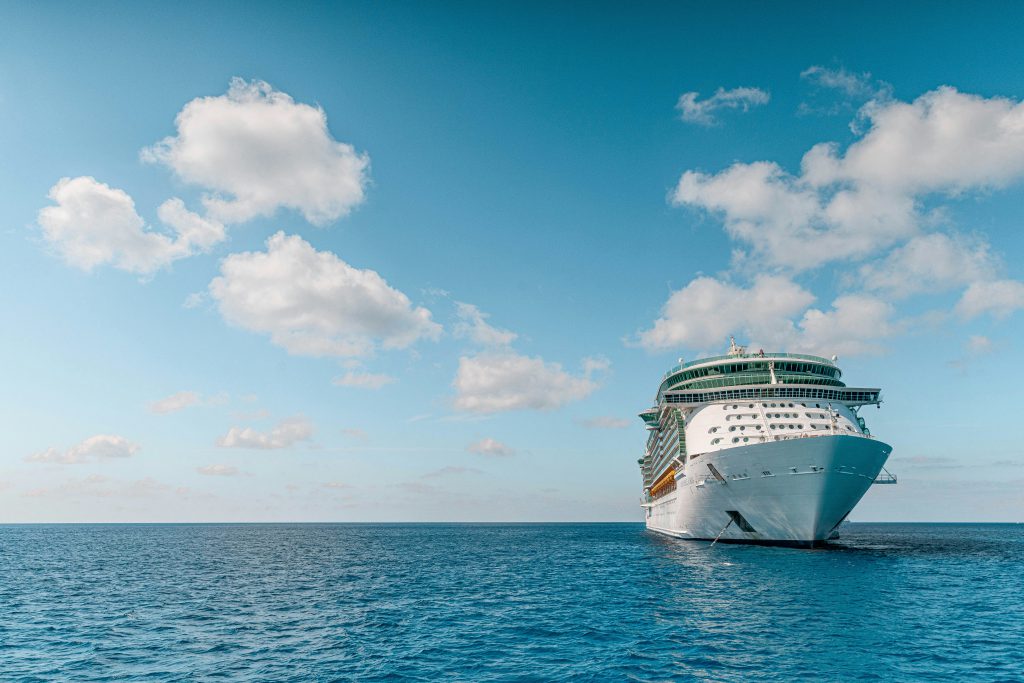
Working on a cruise ship affords crew members unique opportunities for travel and exploration. Employees have the privilege of visiting various destinations worldwide, allowing them to immerse themselves in diverse cultures, landscapes, and cuisines. From tropical islands to historic European cities, cruise ship staff can expand their horizons by experiencing locations that many can only dream of. Whether it involves exploring the ancient ruins of Rome, snorkeling in the crystal-clear waters of the Caribbean, or marveling at the magnificent fjords of Norway, these experiences offer crew members unforgettable moments.
Employment on a cruise ship may appear to be an appealing and thrilling opportunity, though it entails a unique set of challenges and practicalities. These challenges include extended work hours, constrained personal quarters, the possibility of seasickness, and the need to interact with demanding passengers. Succeeding in this field necessitates a robust work ethic and flexibility. Yet, for individuals who harbor a fervor for travel and appreciate a dynamic, high-energy work setting, a career on a cruise ship can offer a fulfilling and distinctive experience.
There is a select number of culinary and hospitality schools in Pasig that offer people the opportunity to work in a cruise liner, but none come close to the programs offered by Astoria Culinary and Hospitality Institute (Astoria-ACHI). Astoria-ACHI’s Cruise Line Utility Training program is one such program being offered, and it is a new class offered to aspiring seafarers wanting a shot at being a part of a cruise line team.
To know more about Astoria-ACHI’s programs, you may contact the following:
E-mail: training@astoriaplaza.com
Landline: (02) 8788-1487
Mobile: (+63) 920-958-2032, (+63) 919-911-3957, (+63) 908-872-7925
You may also visit this culinary institute at 15 J. Escriva Drive, Astoria Plaza, Ortigas Business District, Pasig City, 1600

